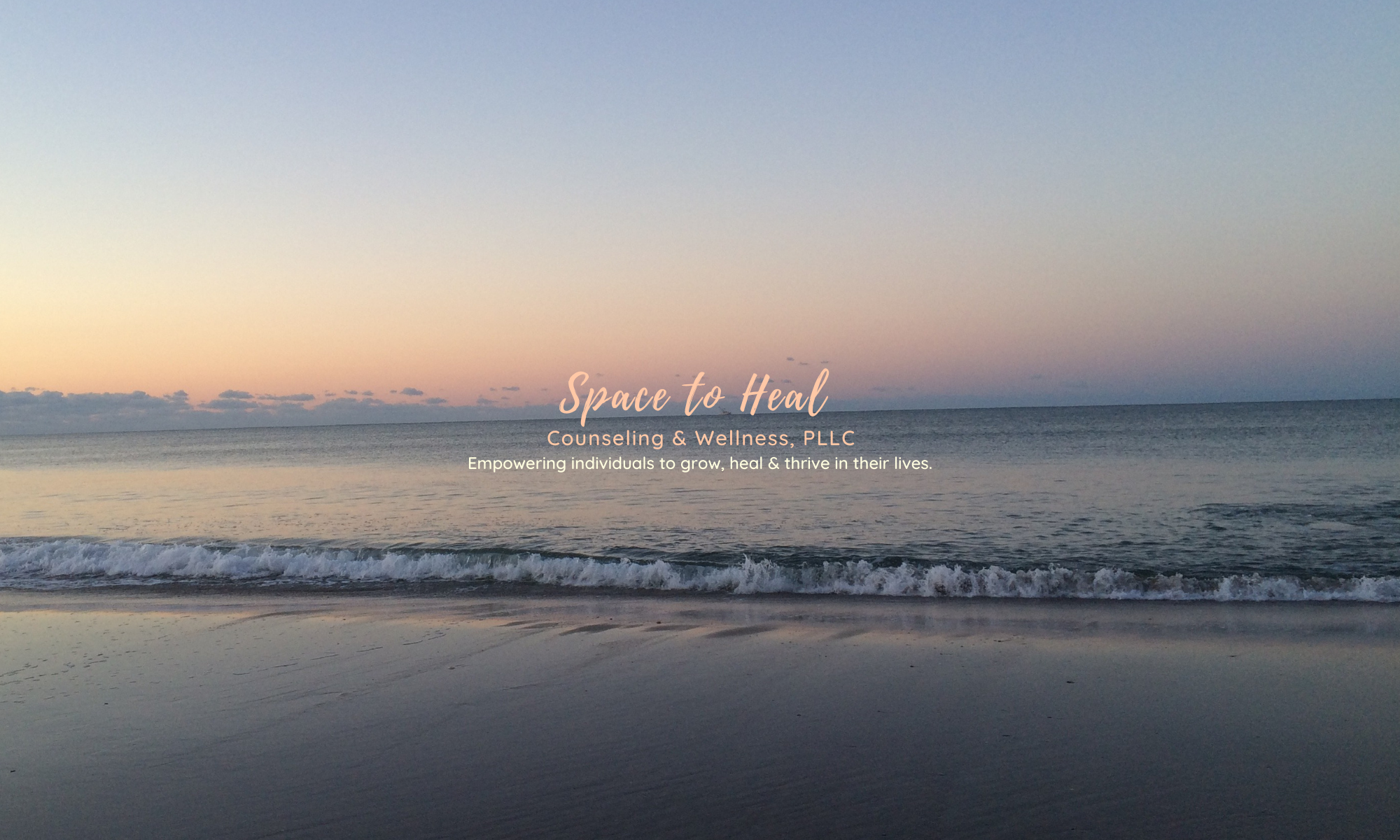I shed some tears on my yoga mat today and it was so needed. I am trying to move my body every day, sometimes several times a day, to support my overall well-being. Today, I felt pulled to do some gentle yoga. It’s been rainy and cold here in North Carolina the last few days, and I’ve been feeling sluggish, so yoga seemed like just the right amount of movement for me.
I decided to create my own flow to connect more deeply to myself and my body and listen to what it needs. Yoga can be such a powerful way to connect to ourselves and the ground and the present moment, especially in times like these where life can feel surreal, as if we are in a movie. That feeling of dissociation is being felt by so many of us. You’re not alone.

Yoga has been my life raft in many turbulent times. Through illness, through grief, through deep loss, yoga has been my refuge—my place of safety, security, centeredness and stillness. Today, it also brought me much needed peace.
As I stepped onto my yoga mat, I decided to do my own sequence of postures by listening to what my body needed. I cued up an old yoga playlist I created on Spotify. (I’ve shared it below.) And I paused at the top of my mat, closed my eyes, and just paid attention to my breath and my feet connected to the ground. Thich Nhat Hanh’s meditation came to mind:
Breathing in, I know I am breathing in.
Breathing out, I know I am breathing out.
In. Out.
As I moved through my yoga postures, I felt more alive. When I felt areas of tension, I held the pose longer until I felt a loosening. My hips, back and heart were calling my attention. After days of feeling contracted in fear and uncertainty, my body felt like it was opening up and loosening its grip on what Tara Brach calls “the trance of fear.” I felt joy. I felt peace. I felt balance. I felt safe. I felt centered.
By the time I reached savasana, I experienced a stillness inside of me that moved me to tears. My eyes began to water and at first, my automatic response was to resist it, to hold back the damn and go back to that state of grip I’ve been experiencing. But when I noticed what I was doing, I paused and breathed and told myself to let it go. Again, there was that release, that loosening. It felt like freedom.

Our bodies need ways to express and release emotion. We need that escape valve to let the air out. Our emotions have energy and that energy needs somewhere to go; it needs to discharge. Otherwise, it remains inside of us, building and building until it cannot hold and then manifests in other ways—angry outbursts, feeling flooded or overwhelmed by emotion, causing harm to yourself, numbing or shutting down your emotions, body and connection to self. But in order to do that, and do that safely, we need to first find within ourselves a sense of safety and peace that resides in each of us. In Buddhism, this practice is referred to as “taking refuge.”
In Tara Brach’s book “Radical Acceptance: Embracing Your Life with the Heart of a Buddha,” she writes: “Taking refuge transforms our relationship with fear. … By taking refuge we learn to trust the unfolding of our lives.”
What are some ways you can begin to discover within you inner peace and safety? How can you use this time to cultivate refuge? Yoga, mindfulness and meditation are all good places to start to reconnect with yourself and rediscover inner peace. There are tons of resources online. Check out an earlier post listing free resources including guided meditations and mindfulness practices. Many yoga studios have also shifted their classes online as well. Explore what’s being offered in your area or do a Google search to discover the various yoga apps and YouTube channels that are available.
Of course, these are not the only ways to discover inner peace. Yoga, meditation and mindfulness have been part of my journey to finding inner refuge, safety and security. What will your journey be?


